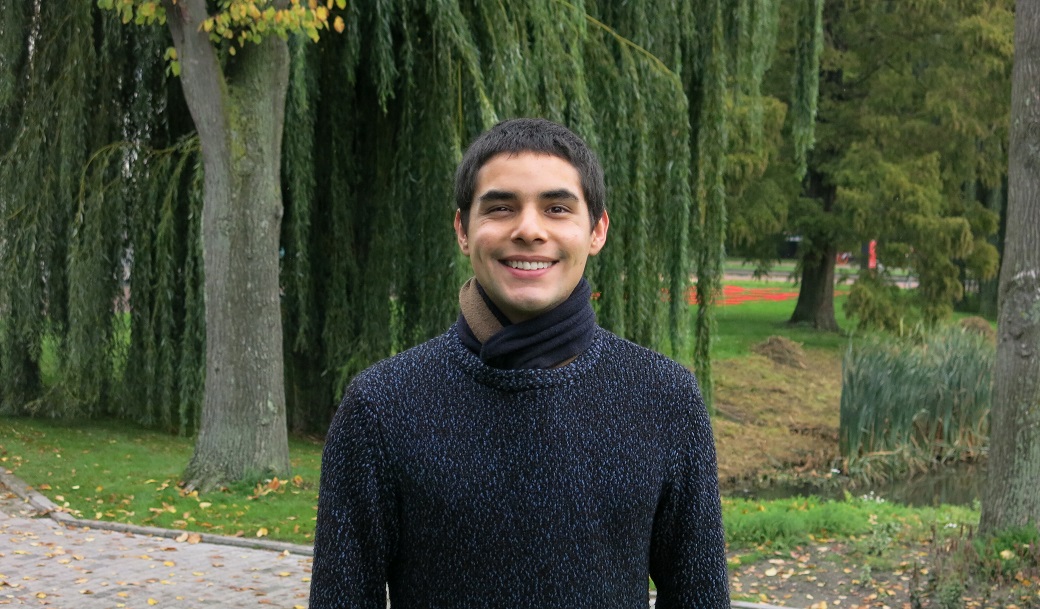Getting dirt under your nails makes you a better engineer, says master’s student Bertram Peterson.
Bertram Peterson: “The combination of having both an island and a lot of refugees that needed power there created the sweet spot for choosing this project.”
“I heard about TU Delft through edX while I was doing my bachelor’s back home in Mexico. There were some really cool MOOCs about solar energy and that was my introduction to TU Delft. When I finished my bachelor’s, I got a job at a solar company for a couple of years because I wanted to get some experience under my belt before starting a master’s.
Last year I saw a Facebook post by Energy for Refugees in which they were recruiting for their next team. That’s how I got involved. The plan for our team was to put into practice what we learn at TU Delft, getting some hands-on experience for ourselves. At the same time, the goal is to improve the living conditions of refugees living in camps.
This time around we mainly wanted to do the project ourselves, to get dirt under our nails. As much as you learn here about how the photovoltaic effect works or the physics of semiconductors, you can still get a master’s or even a PhD without knowing how to install a single solar panel yourself. You can come up with the most efficient solar cell that you can imagine, but if you don’t know how to install it on somebody’s roof it’s going to be useless. That was the mentality that we brought to the project.
For our project we went to Lesbos, which is an island off of Greece. Most islands have to import fuel, which makes it incredibly expensive, polluting and downright unnecessary when you already have 21st century technology readily available. That combination of having both an island and a lot of refugees that needed power there created the sweet spot for choosing this project.
‘We managed to register as an official NGO’
You learn the hard way that things are not always easy when you’re out on a project like this. You have to manage the users’ needs and their constraints and whether the roof you’re going to install is fit for solar and who is going to take care of the system after you leave. It’s built to last for up to 25 years, but you’re not going to be there for that long. You have to lay the groundwork and train people there so that they can take care of the system when you’re gone. Otherwise it can be an incredible waste of resources and effort.
In February we managed to register as an official NGO which is great and gives us a lot more credibility. Now that we have proven that we know what we’re talking about, we know how to do stuff, we are thinking of having several projects rather than one. Then the previous team can serve in some sort of mentoring role for new teams.
Right now, we are looking for students that want to get their hands dirty. We want people who know how to work in a team because that can make or break a project. One of the reasons that our project was so successful is that we all got along incredibly well. Technical skills are not necessarily required but you should have grit.”
Who are the people who work and study on campus? We meet them in Humans of TU Delft where they talk about their work or other activities. Do you know someone with a good story to tell? Send us an e-mail at humansoftudelft@gmail.com
Heather Montague / Freelance writer



Comments are closed.